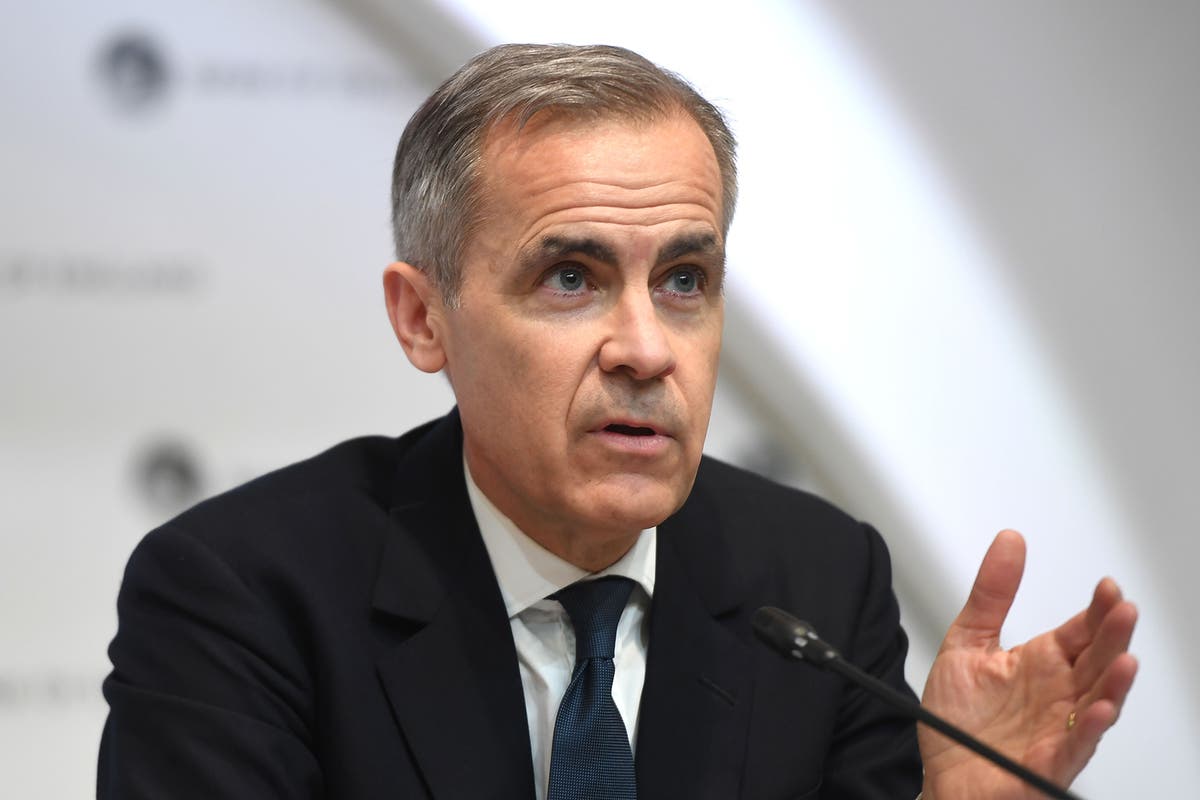Mark Carney, who could enter the race to succeed Justin Trudeau as leader of Canada’s Liberal Party, came to prominence in Britain as the man hand-picked by George Osborne to be governor of the Bank of England and help bring financial stability after the 2008 banking collapse.
His tenure at the Bank became better-known for his failed attempts to persuade Britons not to vote to leave the European Union in the 2016 referendum. But while he failed to stop Brexit, he now hopes to be the man who can step in and prevent populists taking control in Canada.
The economist, 59, who holds British and Irish as well as Canadian citizenship, has said he is “considering this decision closely with my family over the coming days.”
It follow’s Trudeau’s decision to step down, citing turmoil in his party over how to deal with the looming prospect of US trade tariffs under Donald Trump.
open image in galleryMark Carney at the UN (Getty Images for Bloomberg Phila)
Carney was the first governor of the Bank of England chosen from outside Britain when he took up his post in 2013 which lasted until 2020.
Even though he had a strained relationship with Boris Johnson over Brexit he was still appointed as an advisor by the former prime minister when he finished at the Bank of England.
More recently he was unveiled as an advisor to Rachel Reeves a year before Labour won the election.
It was always understood that he saw the position as a stepping stone for his political ambitions back in Canada for when Trudeau, a darling of international liberalism, would eventually step down.
When Osborne appointed him as Lord Mervyn King’s successor he handed him an expanded remit for the Bank to bring financial supervision for a still reeling financial sector in the UK following the collapse of Northern Rock, HBOSand the Royal Bank of Scotland.
The then chancellor described Carney as “the outstanding central banker of his generation”, adding that Mr Carney would bring the “strong leadership and external experience the Bank needs”.
He said: “Mr Carney is unique amongst the potential candidates in combining long experience of central banking, huge international credibility in economics, deep expertise in financial regulation and a first-hand experience of private sector financial institutions”.
open image in galleryJustin Trudeau quit as Canadian PM on Monday after nearly a decade (AP)
One of his early battles as governor though was not a financial one but keeping the UK together as he was rolled out as part of the so-called Project Fear to give warnings about Scottish independence ahead of the 2014 referendum.
In particular he noted that Scotland sharing the UK pound would mean an independent Scotland would in fact lose sovereignty and he made warnings about Scotland needing a massive increase in foreign currency reserves if it were to go independent.
The currency arguments were seen as crucial in eventually defeating Alex Salmond’s push for independence.
He was less successful in his attempts to resist Brexit and left as Governor in 2020 after Boris Johnson took over as prime minister and took the UK out of the EU. Carney was one of the “experts” that Michael Gove infamously railed against during the referendum campaign claiming that the British people “had had enough of them”.
In 2023 he noted that Brexit was responsible for rising inflation, an argument which had echoes of his warnings during the 2016 referendum. In 2022 he warned that Brexit had shrunk the UK economy by 20 to 25 per cent.
Carney was successful in helping to prevent a hard Brexit with no deal which had been pushed for by a number of the hardline eurosceptics in the Tory party.
Carney began his career at Goldman Sachs and was deputy governor for the Bank of Canada in 2003 before his first foray into serious politics as finance minister with special responsibility for the G7.
Before Mr Osborne reached out to him, Carney had successfully steered Canada through the financial crisis of 2008 as governor of the Bank of Canada.
Carney’s political ambitions have not prevented him from working with parties of different hues having been appointed by the Tories as Governor and then to advisory roles and later as an advisor to the current Labour chancellor.
He has held other significant roles such as United Nations special envoy for climate action and finance.
But his pitch to the Liberal Party is that he can bring stability and economic nouse after the turmoil at the end of Trudeau’s long premiership.
